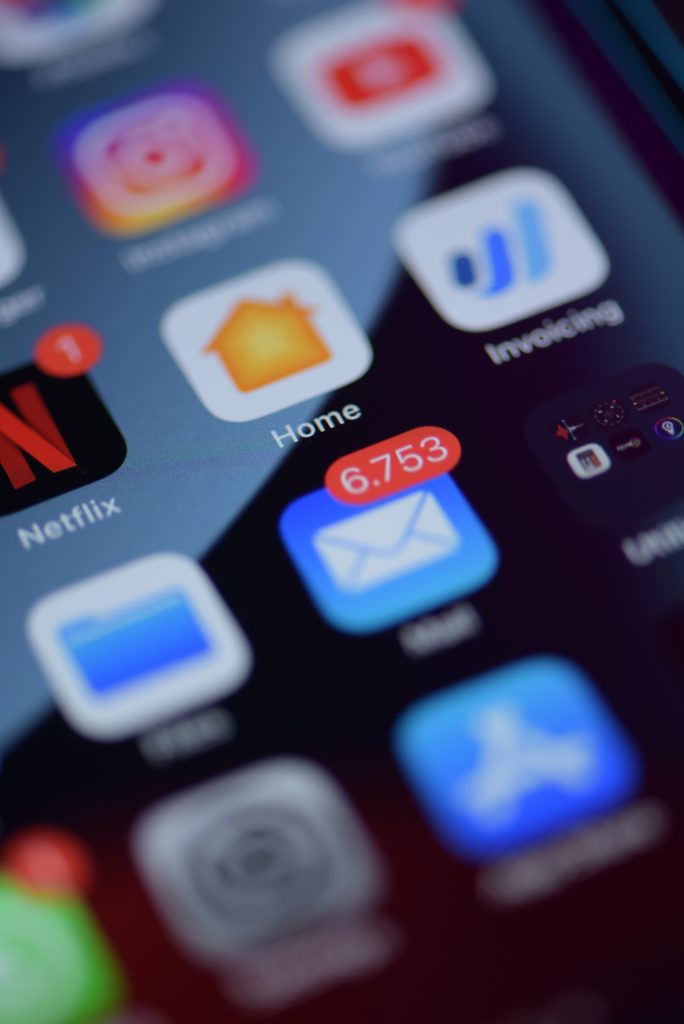Email Etiquette
When it comes to email etiquette, young professionals need to be mindful of several key factors. Firstly, it’s essential to choose an appropriate subject line that accurately represents the content of the email. Avoid using vague or misleading titles that could lead to confusion or misunderstandings.
Secondly, ensure you use a professional tone in your language and avoid any controversial or offensive content. Keep in mind that emails can easily be forwarded, so it’s crucial to maintain a positive reputation both within and outside of your organization.
Finally, make sure you proofread your emails before clicking “send.” Spelling errors and grammatical mistakes can reflect poorly on your professionalism and attention to detail. Take the time to double-check for typos and other errors before hitting send. By following these simple guidelines, young professionals can establish themselves as strong communicators through their writing skills in email correspondences.
Types of Emails
The world of email marketing is vast, and it’s important to understand the different types of emails that can be sent to potential customers. One type is a promotional email, which aims to promote a product or service and drive sales. These emails often include special offers, discounts, or limited-time deals.
Another type of email is a newsletter, where businesses provide subscribers with regular updates on their company and industry news. Newsletters can also include helpful tips or advice for readers, making them an effective tool for building customer loyalty.
Finally, transactional emails are automated messages that are triggered by specific actions taken by the customer. Examples include order confirmations, shipping notifications, and password reset requests. While these may not have direct marketing purposes like promotional or newsletter emails do, they still play a significant role in maintaining a positive customer experience and building brand trust.
By understanding the different types of emails available to young professionals today – promotional newsletters for driving sales; informative newsletters for keeping customers up-to-date with industry news; and transactional messages such as order confirmations – businesses can better tailor their communication efforts to meet their target audience’s needs and preferences effectively. So next time you’re drafting an email campaign strategy for young professionals- keep these three types in mind!
Crafting a Clear Message
When crafting a clear message for young professionals, it’s important to keep in mind their busy schedules and short attention spans. The message should be concise, direct and easy to understand. Use simple language and avoid using jargon or industry-specific terms that may not be familiar to the reader.
Another important factor when writing powerful emails for young professionals is the use of a strong subject line that captures their attention. Avoid vague or generic subject lines like “Update” or “Meeting Reminder”. Instead, use descriptive language that highlights the purpose of the email such as “Action Required: Important Meeting Details Inside”.
Finally, make sure your call-to-action is clear and specific. Whether you’re asking them to attend a meeting, complete a task or provide feedback, make sure it’s stated clearly without any confusion on what they need to do next. By following these tips for crafting a clear message in your emails, you can ensure that your messages are easily understood and acted upon by young professionals with limited time and attention span.

Making Your Emails Stand Out
Firstly, to make your emails stand out, it is important to use attention-grabbing subject lines. Avoid generic subjects such as “Hello” or “Checking in”; instead, use catchy phrases that will entice the reader to open the email. For example, “Exciting Opportunity Inside: Don’t Miss Out!”
Secondly, keep your emails concise and easy to read. Young professionals are often busy and don’t have time for lengthy paragraphs or complicated explanations. Use bullet points or numbered lists to break up information and make it easier to digest.
Lastly, personalize your emails by addressing the recipient by name and including specific details relevant to their interests or needs. This shows that you have taken the time to understand their situation and are offering tailored solutions. It also helps build rapport with the reader and increases the chances of a positive response.
Getting to the Point Quickly
In today’s fast-paced world, young professionals are constantly bombarded with emails. This makes it essential to get to the point quickly and effectively. The subject line should be concise and clear, indicating what the email is about in just a few words. It’s also important to start the body of the email with a direct statement that describes why you’re emailing.
To keep things brief, stick to one topic per email. This allows for focused communication and helps avoid overwhelming the recipient with too much information at once. Use bullet points or numbered lists to convey important details clearly and concisely.
Finally, don’t forget to end your message with a call-to-action (CTA). Whether it’s asking for a response or requesting a follow-up meeting, make sure your CTA is clear and actionable. By following these tips, young professionals can write powerful emails that get straight to the point and maximize their impact.
Dealing with Negativity
Dealing with negativity is an essential skill for young professionals who want to succeed in the workplace. Whether it’s receiving constructive criticism from a boss or dealing with negative feedback from clients, learning how to handle negativity is crucial. One way to deal with negativity is by staying calm and composed. It’s easy to react emotionally when faced with criticism, but responding calmly shows professionalism and maturity.
Another effective strategy for handling negativity is by reframing the situation. Instead of dwelling on the negative aspects of feedback, try to view it as an opportunity for growth and improvement. This shift in mindset can help turn a potentially harmful situation into a positive one.
Finally, don’t be afraid to seek support from colleagues, mentors or friends. Sometimes it can be helpful to get an outside perspective on a challenging situation, and having someone to talk through your feelings with can make all the difference. By keeping these strategies in mind when facing negativity at work, young professionals can navigate difficult situations with grace and confidence.
Conclusion: Be Professional
In conclusion, being professional is crucial when it comes to writing powerful emails as a young professional. This means using proper grammar and spelling, addressing the recipient correctly, and avoiding slang or informal language. Additionally, taking the time to proofread your email before sending it can make a big difference in how it is received.
It’s also important to keep in mind that tone matters in email communication. Being polite and respectful will go a long way in building relationships with colleagues and clients. Avoiding aggressive or confrontational language can prevent misunderstandings and maintain positive working relationships.
Finally, don’t forget about formatting. Using appropriate spacing, font size and style can make an email look more organized and polished. By following these tips on professionalism in email writing, young professionals can effectively communicate their message while maintaining a positive image for themselves and their company.



